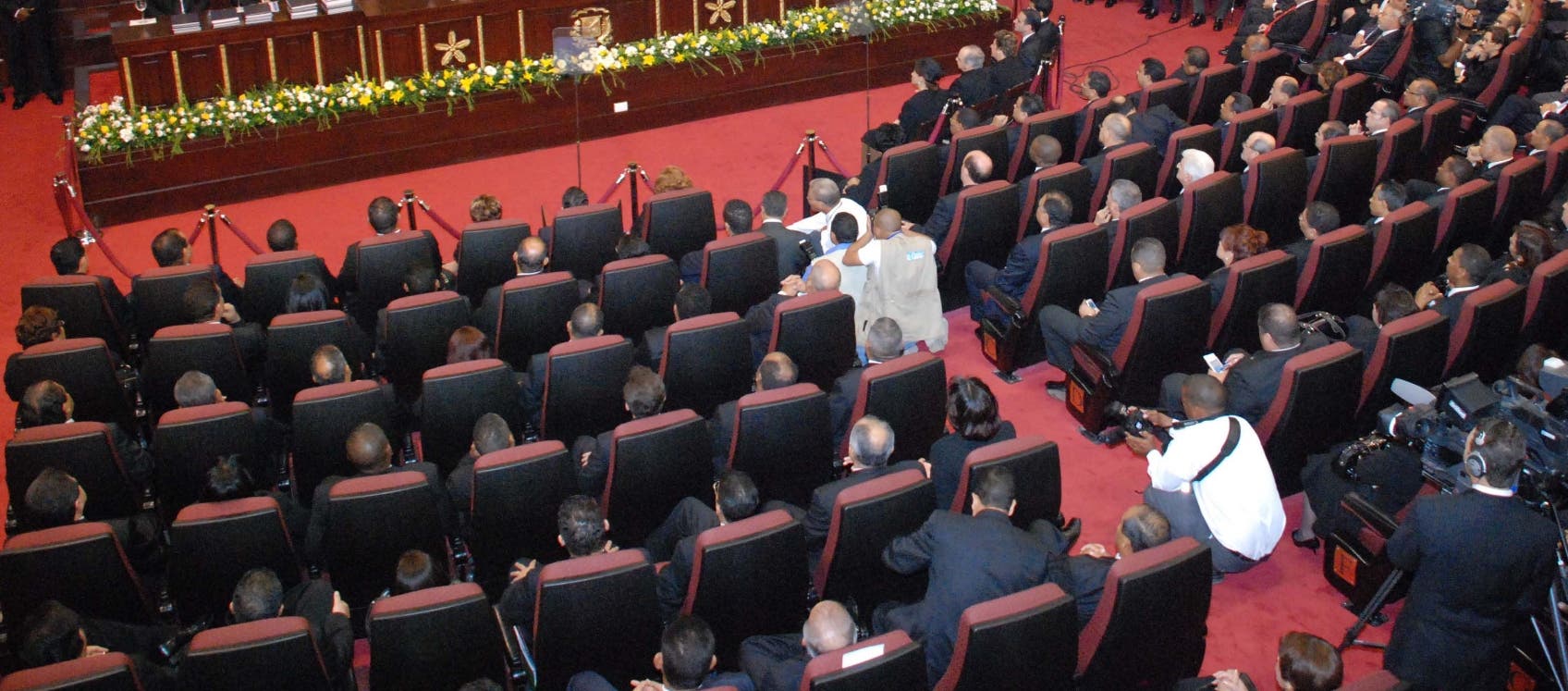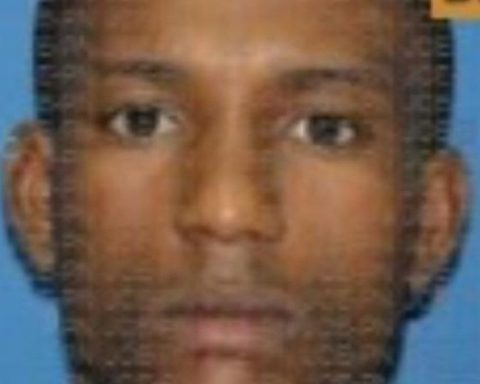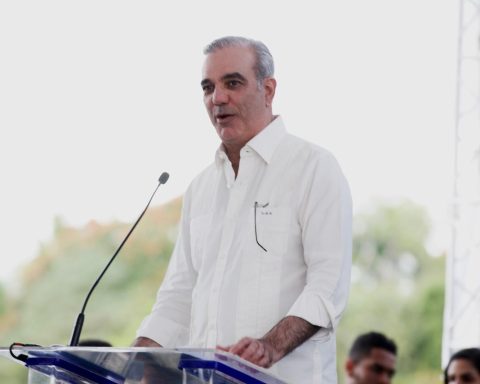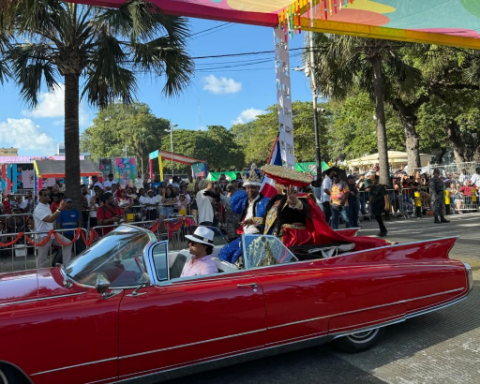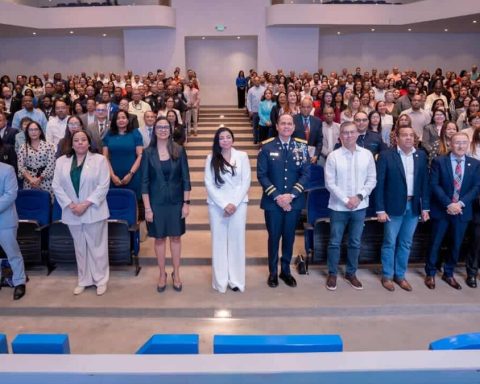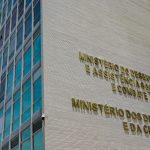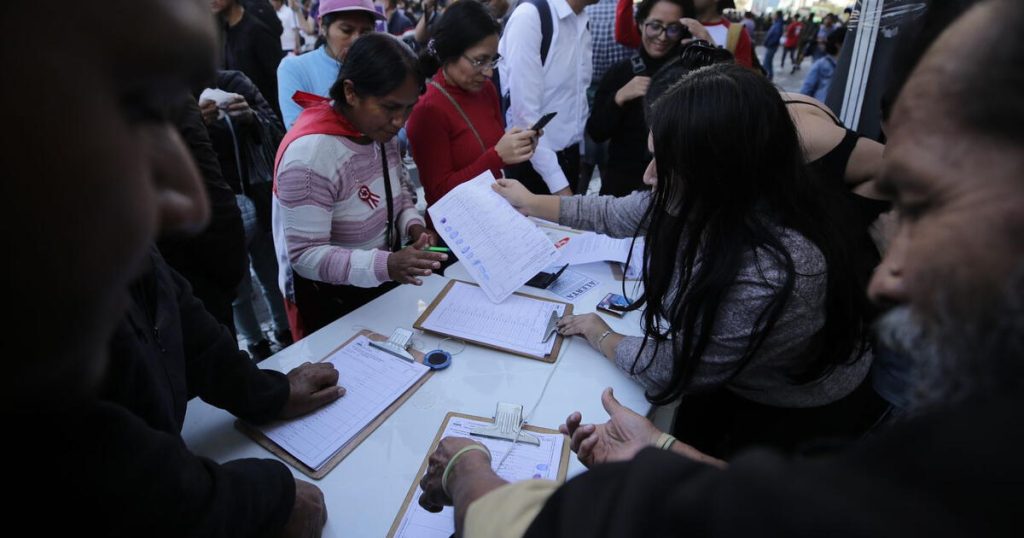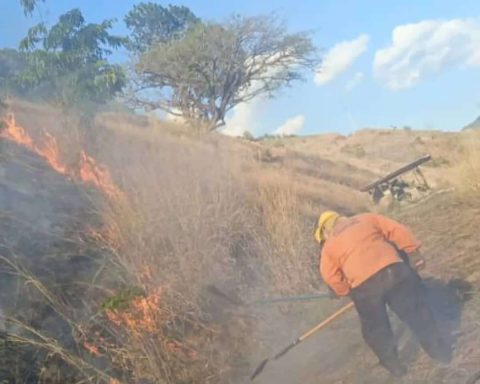SANTO DOMINGO.-President Luis Abinader will take advantage of the inauguration ceremony of his second constitutional term to present to the National Assembly and fourteen invited heads of state and government his constitutional reform project, which focuses on making the prohibition of attempts to be re-elected beyond two consecutive terms unreformable.
The reform project that the legal team is working on under the direction of Abinader himself also includes unifying the presidential, congressional and municipal elections starting in 2032, reducing the number of deputies in the National Congress and modifying the method of appointment of the Attorney General of the Republic to strengthen his independence from the Executive Branch.
President Abinader has confirmed on several occasions his determination to present the constitutional reform project and to guarantee that he will not use it in his favor to attempt a third term, he has announced that he will include a transitional provision that closes that possibility, as happened when the then Danilo Medina modified the Constitution to introduce the current model.
The proposal being worked on by President Abinader’s legal team contemplates introducing what experts call a “stone article,” which cannot be modified by any future constitutional reform, as is the case with the article that establishes the form of government of the Dominican Republic.
The stage for the inauguration of his second term has been chosen to formalize his proposal, since he will be in front of the National Assembly, made up of a Chamber of Deputies and a Senate of the Republic in which the ruling Modern Revolutionary Party has the special majority required for the reform of the Magna Carta.
Likewise, 14 heads of state and government will be present at the event, including the King of Spain, which implies that his proposal would become a commitment to the international community.
The following have confirmed their attendance at Abinader’s swearing-in on August 16: King Felipe VI of Spain; the presidents of Honduras, Xiomara Castro Sarmiento; of Costa Rica, Rodrigo Chaves Robles; of Ecuador, Daniel Noboa; of Paraguay, Santiago Peña Palacios; of Panama, José Raúl Mulino Quintero; of Guatemala, Bernardo Arévalo; of Suriname, Chandrikapersad Santokhi; of Guinea Bissau, General Umaro Sissoco Embalo; of Guyana, Mohamed Irfaan Ali; of Colombia, Gustavo Petro Urrego; and of Uruguay, Luis Lacalle Pou.
The Governor General of Antigua and Barbuda, Rodney Williams; the Prime Minister of Belize and Minister of Finance, Economic Development, Investment and Immigration, John Briceño; and the Vice President of El Salvador, Félix Ulloa, have also confirmed their participation.
Confirmation is expected from the delegation that the United States will send for the swearing-in, an invitation that has already been sent through diplomatic channels.
The channel
— Survey
LAencuesta opens a space to express opinions on relevant topics through the most used platform in the Dominican Republic: WhatsApp. The results will be presented in LA Semanal.
Abinader makes a popular consultation in ‘LAencuesta’
New. President Luis Abinader yesterday launched a new dynamic of citizen participation, called #LAencuesta, through his WhatsApp channel.
This initiative seeks to encourage greater interaction with citizens, allowing Dominicans to express their opinions on crucial issues for the future of the country through simple surveys with “Yes or No” or multiple choice responses.
The first questions in #LAencuesta address proposals such as the unification of presidential, congressional and municipal elections starting in 2032, the reduction in the number of deputies, the unchangeability of presidential term limits and an independent and non-partisan Public Ministry.
